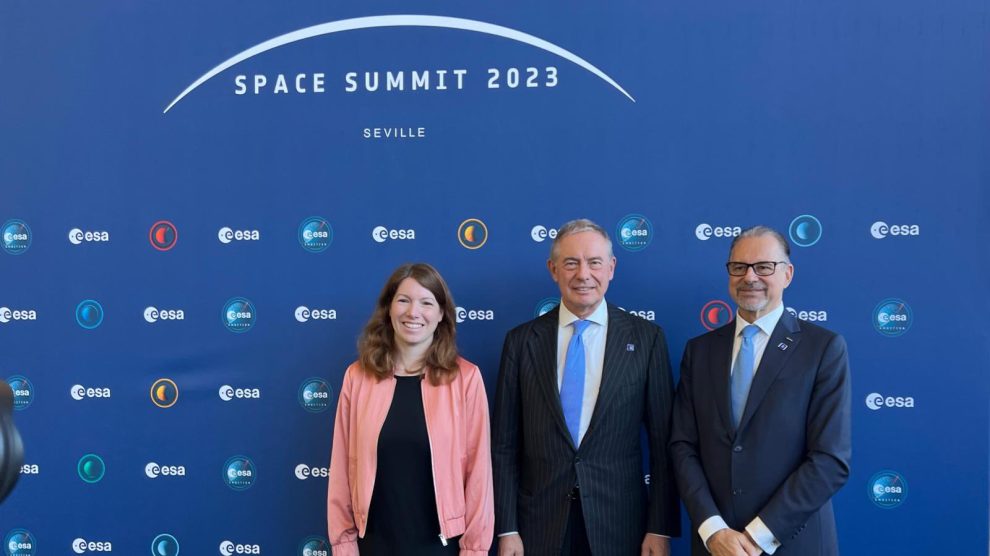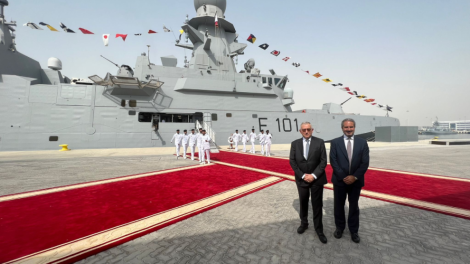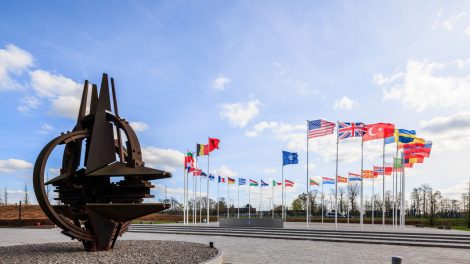Berlin, Paris and Rome sign space deal. During the European Space Agency Summit’s first day, the three ministers for economic development – Italy’s Enterprise Minister Adolfo Urso, France’s Economy Minister Bruno Le Maire and Germany’s Vice-Chancellor Robert Habeck – inked a joint declaration to relaunch the European Union’s space sector and boost the lagging availability of EU launchers and spaceports.
- The complex geopolitical scenario has hindered the launch of French Ariane 6 and Italian Vega-C launchers, causing the “most serious [launch crisis] ever faced by the Old Continent,” remarked ESA Director-General Josef Aschbacher.
- This trilateral deal – which paves the way for an ESA-wide agreement, expected to be adopted by the Summit’s end – is crucial to resume normal operation and get the launchers back on the launch pad, a “top priority” for both the Agency and member States.
- This second agreement, Mr Aschbacher said, should stimulate the creation of new European commercial space transport services, reduce the cost of public funding, and stimulate a new market for European space entrepreneurs.
Trilateral convergence. The agreement follows an initial Italo-French-German deal on launchers, reached at the 2022 ESA ministerial meeting in Paris that kickstarted a series of trilateral meetings on European industrial policy and more. This entente is not limited to space: Ministers Urso, Le Maire and Habeck joined forces on artificial intelligence just last week and critical raw materials back in June.
- As the Italian minister remarked at the ESA conference, the space deal is “a qualitative leap that will have repercussions in other strategic sectors,” a “success of the trilateral format, of which we are all fully aware,” and “can pave the way for a wider convergence of defence industrial policies.”
- He also said Rome is working on its first space law, where this agreement “will be reflected” so as to “stimulate and support” Italy’s space industry, “a key player in European programmes.”
- Having committed over €3 billion, Italy is now ESA’s second-largest contributor.
What’s new for Avio? The trilateral declaration also opens up the possibility for the Italian aerospace champion, which manufactures the Vega family of launchers, to commercialise its services on its own (they are currently handled by France’s Arianespace). The trio agreed that Vega launchers could make use of the main French spaceport in Kourou, French Guiana, until 2030 – which is the EU’s deadline to land a European astronaut on the Moon.
Image: @adolfo_urso on X





